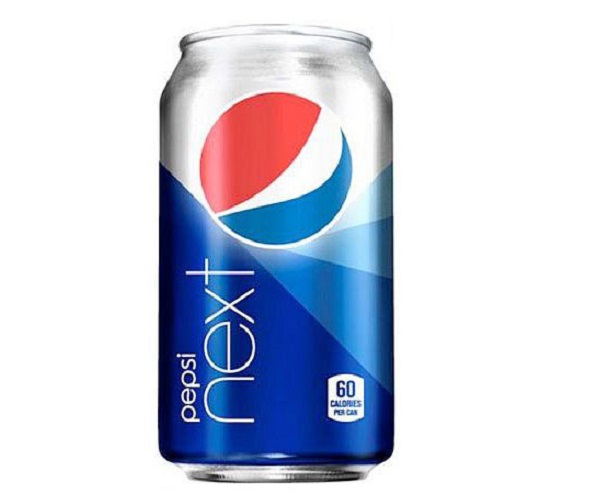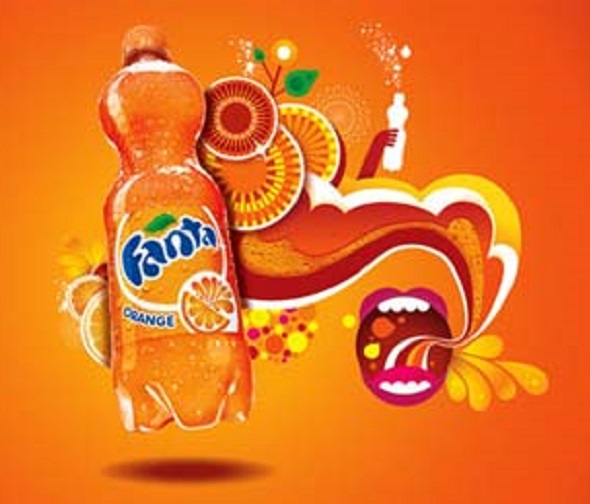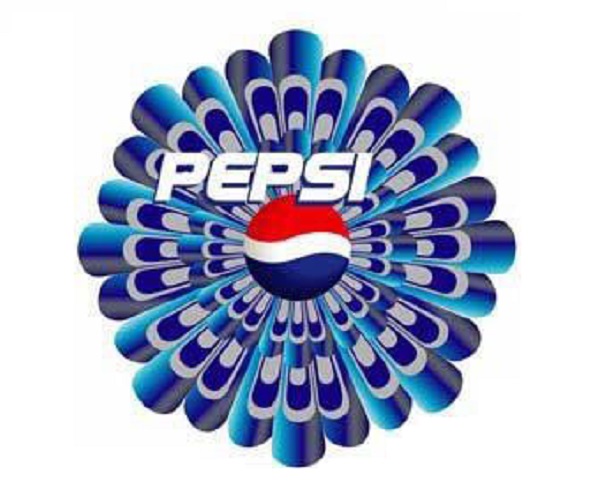Originally written by Ben Bouckley, compiled by Green Stevia Marketing
The stevia industry has been keeping its eyes open for years. Whether it's Coca-Cola or Pepsi, their announcements, sample testing, and patent preparation are all crucial benchmarks for the development of the stevia industry. For the two largest soft drink brands in the world, there is a consensus that the truly substantial development of the stevia industry depends on the launch and market acceptance of either Coca-Cola or Pepsi's stevia drink brands. This will not only greatly increase consumption, but more importantly, make stevia accessible to hundreds of millions of consumers around the world.

 Coca-Cola is rolling out mid-calorie sodas (ie, adding stevia, a natural high-calorie sweetener, to reduce the amount of sugar used and cut calories in half) and will use Cargill's stevia to produce Sprite and Fanta for the U.S. market.
Coca-Cola is rolling out mid-calorie sodas (ie, adding stevia, a natural high-calorie sweetener, to reduce the amount of sugar used and cut calories in half) and will use Cargill's stevia to produce Sprite and Fanta for the U.S. market.
It was seen as a coping work. Earlier, Pepsi led the health trend with Pepsi's Medium calorie Cola Pepsi NEXT Although Coke is launching a non-Coke drink this time, Pepsi is launching Pepsi NEXT, a Coke drink. Consumers will still compare and pay special attention to the taste satisfaction of stevia as a sweetener.
 According to the Associated Press, Coca-Cola will launch "select" versions of Sprite and Fanta that contain just 70 calories per can, about half the 140 calories in a 12-ounce (354 g) can. Starting markets include Atlanta, Detroit, Louisville, Kentucky, and Memphis, Tennessee. All-american starts later.
According to the Associated Press, Coca-Cola will launch "select" versions of Sprite and Fanta that contain just 70 calories per can, about half the 140 calories in a 12-ounce (354 g) can. Starting markets include Atlanta, Detroit, Louisville, Kentucky, and Memphis, Tennessee. All-american starts later. For comparison, Pepsi NEXT uses a combination of high fructose corn syrup, sucralose, AK sugar and aspartame, while Coke uses Cargill stevia Truvia and ethrolitol.
 Last month, in April 2012, European Beverage Market Monitor analyst Jonas. Flecciano commented that Pepsi's Pepsi NEXT was a product of the failed concept of new wine in an old bottle, and therefore only a market pathstone.
Last month, in April 2012, European Beverage Market Monitor analyst Jonas. Flecciano commented that Pepsi's Pepsi NEXT was a product of the failed concept of new wine in an old bottle, and therefore only a market pathstone.
He questioned how much of a market there would be for such a product, aimed at low-calorie consumers, as a supplement to Diet, a zero-calorie beverage. "Battlefield corpses" in the market of card drinks has been no shortage of martyrs. In 1975, Pepsi introduced Lemon Cola Light, a sacrifice. In 1993, the Pepsi XL was introduced and sacrificed again. Two new Coke drinks, Jonas. It is hard to know whether they will be able to break out of the siege, Mr Flecciano cautions.